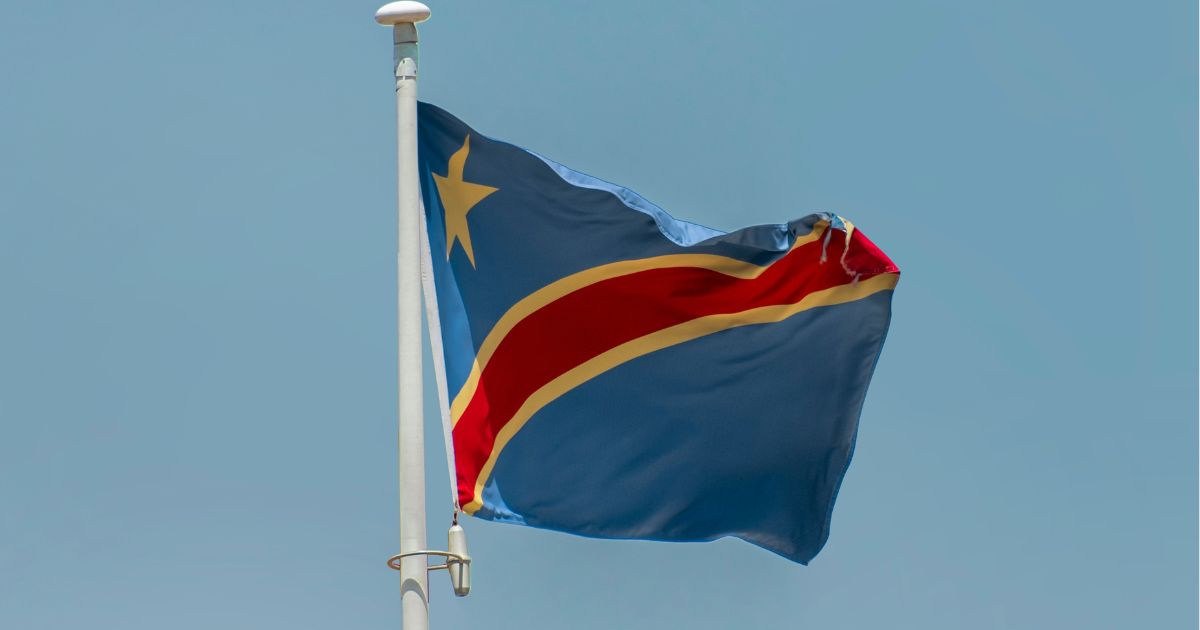The Democratic Republic of the Congo has criticised the EU as committing “an obvious double standard” by upholding a minerals agreement with Rwanda to provide Europe’s high-tech industries while imposing a much broader sanctions regime because of the war in Ukraine.
Thérèse Kayikwamba Wagner, the foreign minister of the DRC, called on the EU to impose much harsher sanctions on Rwanda, which is responsible for stoking conflict in eastern DRC, describing the bloc’s reaction to breaches of DRC soil as “very timid”.
Referring to the EU’s action on Russia’s attack on Ukraine, she stated: “It is a blatant double standard – I want to be constructive here – which leaves us curious about why the EU once again finds it so difficult to act.
The US and Qatar brokered a peace agreement in June between Rwanda and the DRC to bring to an end the long-running conflict, which flared up at the start of this year when the M23 rebel group, backed by Rwanda, captured large chunks of DRC land, including two major cities. But attacks against civilians have persisted, and a deadline for the negotiation of a peace agreement lapsed in August.
A UN panel of experts last year reported that as many as 4,000 Rwandan soldiers were part of the M23 forces and that the Rwandan army was in “de facto control of M23 operations”. Rwanda has denied supporting M23 all along and maintains that its forces are acting in self-defence.
The Democratic Republic of Congo’s President Félix Tshisekedi appealed to his Rwandan counterpart, Paul Kagame, on Thursday to end support for militants in the DRC during a Brussels gathering that included both leaders, eliciting a reaction from Kigali that he was “completely mistaken” regarding the origins of the conflict.
Asserting he was extending his hand to offer peace, Tshisekedi directed Kagame: “That needs you to order the M23 fighters backed by your nation to desist from this escalation, which has already led to sufficient loss of lives.”
Rwandan Foreign Minister Olivier Nduhungirehe later hit back on X, stating that Tshisekedi was “totally wrong” and accusing him of misusing the podium at the Brussels conference.
Speaking ahead of the meeting, Wagner made a comparison between Rwanda’s incursion into DRC territory and Russia’s invasion of Ukraine. The EU had imposed a menu of sanctions on Russia but only made “very timid progress” on the war in eastern DRC.
The eastern DRC, a territory neighbouring Rwanda with rich natural resources but infested with non-state armed groups, has endured brutal violence for over three decades.
The EU has imposed sanctions on 32 individuals and two organisations – a rebel militia and an illegal supplier of gold based in Rwanda – for helping to fuel the war. Explaining the rationale for these sanctions, the EU declared that the Rwandan Defence Force in the eastern part of DRC had overstepped the borders of the DRC.
In spite of this discovery of abuse of human rights by the Rwandan military in the DRC, the European Commission has dismissed demands for suspending a 2024 minerals agreement with Kigali that is expected to increase the supply of raw materials used to power Europe’s electric car batteries and microchips.
Wagner stated the memorandum of understanding with Rwanda was “lacking any credibility in a situation where it has been proven that Rwanda has been stealing Congolese resources” mined on brutal terms of forced labour, including children.
The US and most others have expressed concerns over illicit trade in gold and tantalum in eastern Congo, mined through forced labour, then smuggled into Rwanda to be exported for the benefit of armed groups.
Wagner added it was now down to the EU whether it wanted to suspend or cancel the deal, “but silence is most likely to be the least helpful response and the most confusing one”.
The eastern DRC conflict is one of Donald Trump‘s seven wars he boasts to have finished, though between June and the last week in September, the UN estimated 1,087 had been killed. It is still the world’s worst humanitarian crisis and has over 7.8 million internally displaced people in eastern DRC and 28 million who are food insecure, including 4 million at emergency levels, as per the UN.
As the DRC’s top diplomat, Wagner inked the pact with Rwanda in the White House in June, which also seeks to provide the US with more access to Congolese natural resources.
She insisted the US was continuing to be involved in the peace process and dismissed claims that Trump’s only motive was the DRC’s massive mineral wealth, adding, “It is just a reality. This potential is currently untapped.
She was in Brussels to attend a conference on the global gateway, Europe’s lower-cost alternative to China’s Belt and Road Initiative, that seeks to fund infrastructure projects across the globe.
EU Commission president Ursula von der Leyen began the conference on Thursday, saying the EU sought “partnerships based on common interests and respect for sovereignty”. She noted the Lobito corridor – railway, road and waterway connections – linking the mineral heartland of the DRC and Zambia to Angola’s Atlantic seaboard.
Wagner confirmed that there was a good foundation between the EU and the DRC within the Lobito project, but “a lot has been overshadowed by the situation in eastern DRC”.




